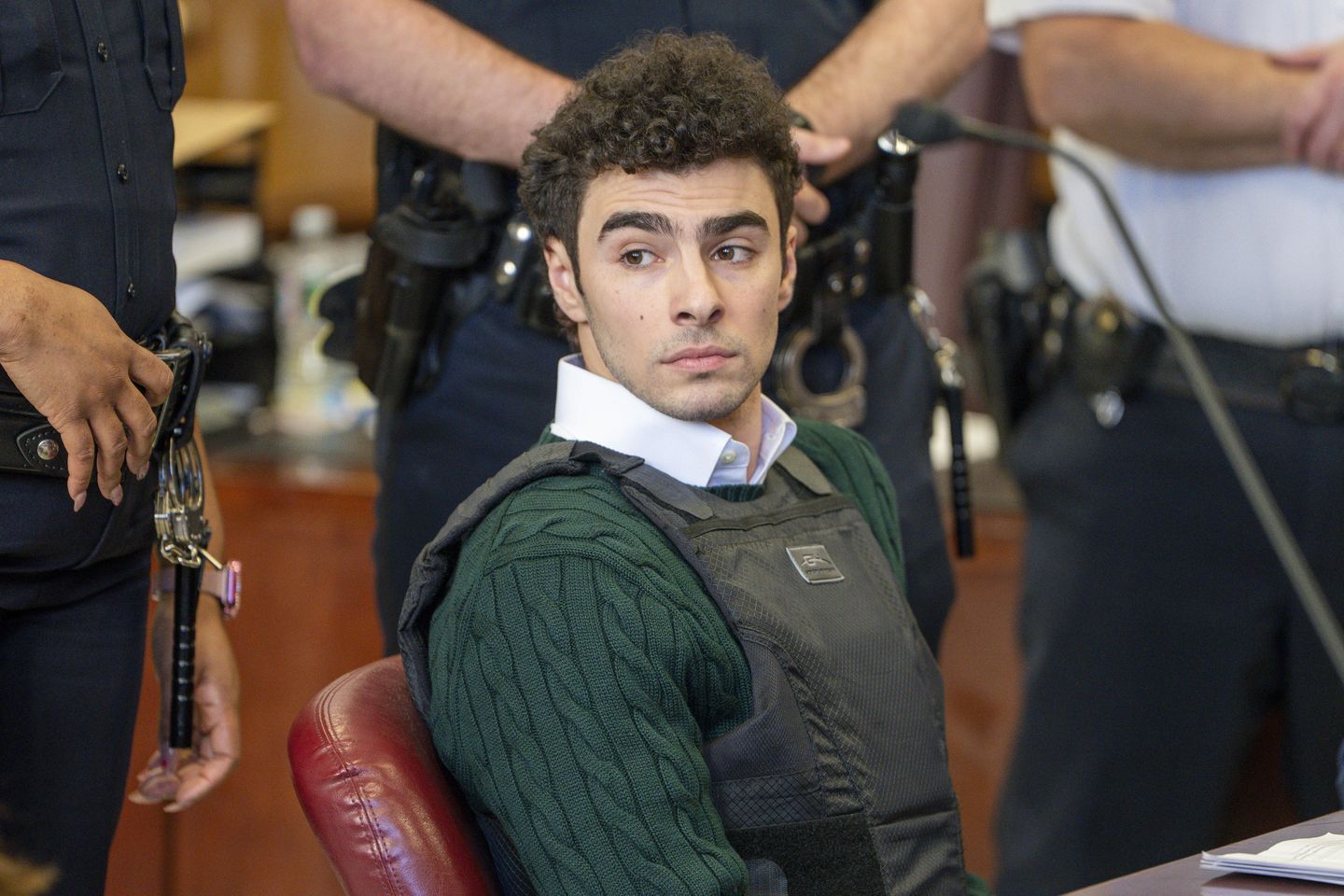
Attorney General Pam Bondi said Tuesday that federal prosecutors will pursue the death penalty for Luigi Mangione, the man accused of gunning down United Healthcare CEO Brian Thompson in front of a New York hotel last year.
“Luigi Mangione’s murder of Brian Thompson – an innocent man and father of two young children – was a premeditated, cold-blooded assassination that shocked America,” Ms. Bondi said in a statement. “After careful consideration, I have directed federal prosecutors to seek the death penalty in this case as we carry out President Trump’s agenda to stop violent crime and Make America Safe Again.”
The Justice Department said Mr. Mangione’s alleged actions involved substantial planning and premeditation because it took place in public with bystanders nearby and may have posed a “grave risk of death” to members of the public.
Mr. Mangione is facing both state and federal charges arising from the murder of Thompson and has pleaded not guilty. He will head to court on the state charges first.
On the federal level, Mr. Mangione faces 11 charges, including first-degree murder in furtherance of terrorism, two counts of stalking and one count each of murder through the use of a firearm and a firearms offense. Murder by firearm carries the possibility of the death penalty. New York state has charged him with murder and terror charges.
A federal judge overseeing the case in February appointed a death penalty expert to Mr. Mangione’s defense team.
The attack occurred on a Manhattan street last December outside the Hilton Hotel as Thompson walked to UnitedHealth’s annual investor meeting.
The murder prompted widespread discussion on corporate greed and unfairness in the medical insurance industry, with some even elevating Thompson’s killer to folk-hero status.
Federal prosecutors say Mr. Mangione had a spiral notebook that included several handwritten pages expressing anger toward the health insurance industry and wealthy CEOs. UnitedHealthcare is the largest health insurer in the U.S., though it has publicly stated that Mr. Mangione was never a client.
A federal jury can recommend the death penalty if the defendant “had the requisite culpability with respect to the victim’s death.” However, a jury must also vote unanimously “that the aggravating factor or factors it has found sufficiently outweigh any mitigating factors to justify a capital sentence.”
If the jury does not unanimously vote for the death penalty, the defendant can be given a lesser sentence.
Mr. Mangione is the first defendant to face the death penalty since Mr. Trump announced in January that he will resume executions of federal death row prisoners and forcefully pursue new death sentences in future cases.
In an executive order signed shortly after being sworn in, Mr. Trump called on the attorney general to seek the death penalty for crimes “of a severity demanding its use.” Those circumstances include when law enforcement officials are murdered and when illegal immigrants are capital defendants.
Mr. Trump’s renewed use of the death penalty came after President Biden signed an executive order commuting the sentences of 37 of the 40 prisoners on federal death row.
Mr. Mangione was arrested on Dec. 9 in Altoona, Pennsylvania about 230 miles west of New York and was initially charged with possession of an unlicensed firearm, forgery and providing false identification to the police.











![Bartender Threatens Patron with Baseball Bat for Wearing a MAGA Hat [WATCH]](https://www.right2024.com/wp-content/uploads/2025/03/Bartender-Threatens-Patron-with-Baseball-Bat-for-Wearing-a-MAGA-350x250.jpg)





